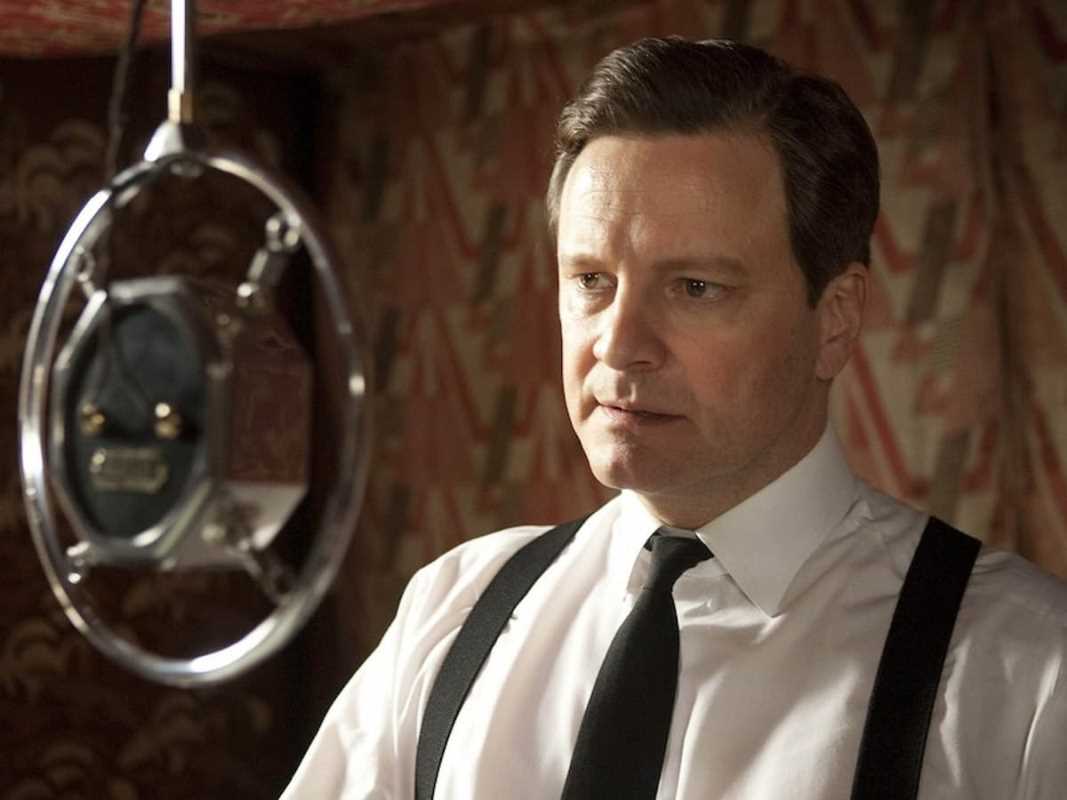Biographical films have a unique way of bringing real-life stories to the big screen, captivating audiences with tales of triumph, tragedy, and everything in between. From historical figures to modern-day icons, these movies offer viewers a glimpse into the lives of extraordinary individuals who have left their mark on society. The cinematic portrayal of these stories often sheds light on pivotal moments in history, personal struggles, and the relentless pursuit of dreams. Let's take a closer look at some of the top biographical films that have captivated audiences around the world, exploring their themes, performances, and cultural impact.
"Bohemian Rhapsody"
"Bohemian Rhapsody" chronicles the rise of the legendary rock band Queen, focusing on the life of its iconic frontman, Freddie Mercury, portrayed by Rami Malek. The film captures Mercury's evolution from a struggling artist to a global superstar, highlighting his unique talent and flamboyant persona. The soundtrack features many of Queen's greatest hits, immersing viewers in the band's vibrant world.
The film also delves into Mercury's personal struggles, including his battle with AIDS and the impact it had on his relationships and career. Malek's performance garnered widespread acclaim, earning him an Academy Award for Best Actor. "Bohemian Rhapsody" not only pays homage to Mercury's musical genius but also serves as a powerful reminder of the importance of love, acceptance, and the fight against prejudice.
"The Social Network"
Directed by David Fincher, "The Social Network" tells the story of the founding of Facebook and the tumultuous relationships between its creators, primarily focusing on Mark Zuckerberg, played by Jesse Eisenberg. The film explores the complexities of entrepreneurship, ambition, and friendship, depicting the cutthroat world of tech startups.
Eisenberg’s portrayal of Zuckerberg reveals both the brilliance and the social awkwardness of the young entrepreneur, illustrating how his genius is intertwined with personal flaws. The film raises questions about ethics in the digital age, privacy, and the cost of success. "The Social Network" resonates with audiences who have witnessed the rise of social media and its profound impact on modern life, making it a timely and relevant cinematic experience.
"Selma"
"Selma" chronicles the historic 1965 voting rights march from Selma to Montgomery, focusing on civil rights leader Martin Luther King Jr. and his pivotal role in the movement. David Oyelowo's portrayal of King is both powerful and poignant, capturing the essence of his leadership and the sacrifices made during the struggle for civil rights.
The film highlights the courage of ordinary individuals who fought against systemic racism, bringing to light the violence and oppression faced by African Americans. "Selma" not only serves as a tribute to the movement but also connects the past with contemporary struggles for justice and equality. It invites viewers to reflect on the ongoing fight for civil rights and the importance of activism in shaping a better future.
"The Imitation Game"
Benedict Cumberbatch stars as mathematician Alan Turing in "The Imitation Game," a gripping biographical film that chronicles Turing's efforts to crack the Enigma code during World War II. The film highlights Turing's genius and the profound impact his work had on the outcome of the war.
However, it also sheds light on the challenges he faced as a gay man in a time of intolerance and persecution. Turing's story is a tragic reminder of the societal prejudice that existed, leading to his eventual conviction for homosexuality. "The Imitation Game" not only pays tribute to Turing's intellect but also sparks conversations about acceptance, diversity, and the consequences of discrimination.
"Hidden Figures"
"Hidden Figures" shines a light on the untold story of three African-American women mathematicians—Katherine Johnson, Dorothy Vaughan, and Mary Jackson—who played crucial roles in NASA's early space missions. Taraji P. Henson, Octavia Spencer, and Janelle Monáe deliver stellar performances, showcasing the brilliance and determination of these remarkable women.
The film highlights the intersection of gender and race in the workplace during the 1960s, emphasizing the barriers these women overcame to achieve their goals. "Hidden Figures" is not only an inspiring tale of perseverance but also serves as a reminder of the contributions of unsung heroes to the fields of science and technology, paving the way for future generations.
"Walk the Line"
"Walk the Line" tells the captivating story of music legends Johnny Cash and June Carter, portrayed by Joaquin Phoenix and Reese Witherspoon. The film explores Cash's rise to fame, his struggles with addiction, and his enduring love story with Carter. The actors’ performances and musical talents bring the iconic couple's story to life in a heartfelt and authentic way.
The film captures the complexity of Cash's life, showcasing his vulnerabilities and the impact of his troubled past on his music and relationships. It also highlights the power of love and redemption, as Carter helps Cash navigate his demons and ultimately find his true self. "Walk the Line" resonates with audiences through its exploration of the human experience and the transformative power of music.
"The King's Speech"
"The King's Speech," directed by Tom Hooper, is a poignant biographical drama that chronicles the life of King George VI, played by Colin Firth, as he grapples with a debilitating speech impediment. Set in pre-World War II Britain, the film explores George's struggle to find his voice and fulfill his duties as king after the abdication of his brother, King Edward VIII. With the help of an unconventional speech therapist, Lionel Logue (Geoffrey Rush), George learns to confront his fears and embrace his role as a leader, emphasizing the importance of perseverance and human connection in overcoming personal challenges.
The film not only highlights George’s journey to overcome his stammer but also delves into themes of duty, vulnerability, and the power of words. Firth’s captivating performance earned him an Academy Award for Best Actor, while the dynamic relationship between George and Logue adds depth and humor to the narrative. Ultimately, "The King's Speech" culminates in a powerful moment when George delivers a unifying address to the nation, showcasing his growth and resilience. This film serves as a reminder that even those in positions of great responsibility can face significant challenges, and overcoming adversity can lead to profound personal and national transformation.
The Impact of Biographical Films
Biographical films have the power to educate, entertain, and inspire audiences, offering a window into the lives of remarkable individuals who have shaped history. Whether delving into the world of music, science, activism, or entrepreneurship, these movies bring real stories to the forefront, reminding viewers of the power of resilience, passion, and the human spirit.
The appeal of biographical films lies in their ability to connect with audiences on an emotional level, evoking empathy and understanding. By portraying the struggles and triumphs of real people, these films remind us that everyone has a story worth telling. They encourage viewers to reflect on their own lives, aspirations, and the impact they can have on the world around them.
Featured image via UK Film Council; Momentum Pictures; Aegis Film Fund; FilmNation Entertainment; See-Saw Films; Bedlam Productions







